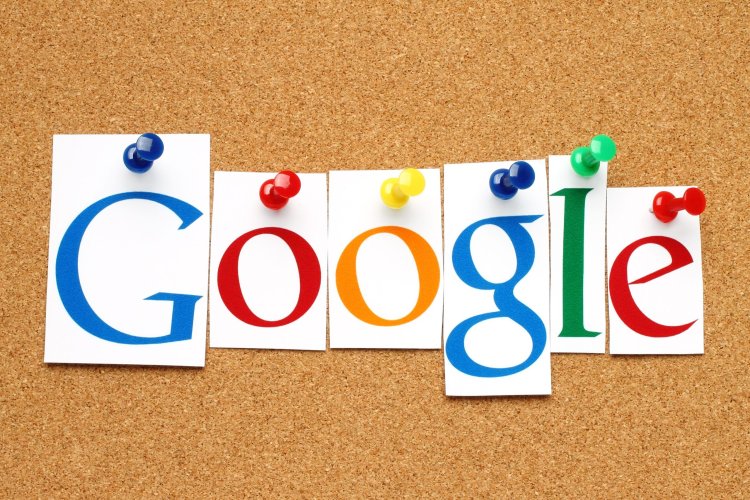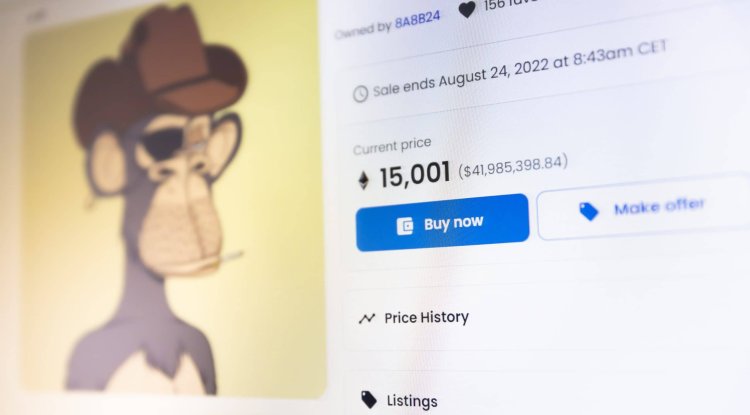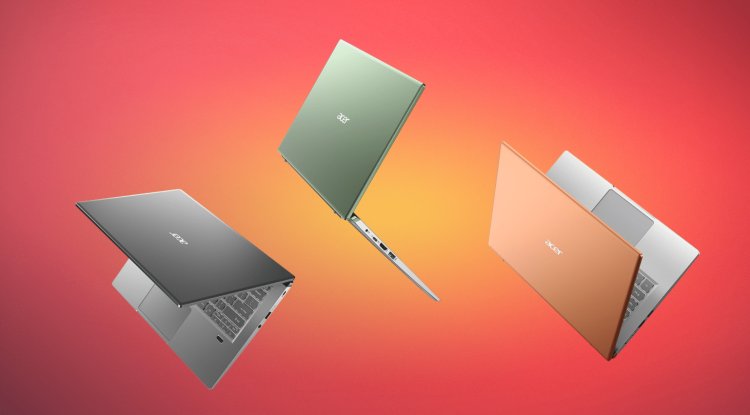Could Google's Pixel ecosystem threaten Android

Google surprised the audience by revealing numerous Pixel products that will be available on the market next year at a non-hardware I / O event in 2022.
This does not address the issue of the Pixel ecosystem's potential impact on the larger Android market. Google has been in the hardware market for over a decade, starting with the Nexus series in January 2010. It later purchased Motorola in 2011 and Nest in 2014.
One might think that Google has a head start with the Pixel phones, Pixel Buds headphones, and the Nest family of goods, but it will add a Pixel Watch and a Pixel tablet later next year.
The question is whether this will produce too many ripples in the Android ecosystem as a whole. We take a closer look at what Google has in store for Android and what it could imply.
When Google released the initial Pixel in 2016, it was favorably received by critics, but it did not fare well commercially. The less expensive Pixel A-line, and now the flagship, has made a significant difference, with Google stating that the Pixel 6 has already outperformed the Pixel 4 and Pixel 5 combined.
The Pixel line has never posed a substantial challenge to other Android smartphone manufacturers, such as Samsung or Motorola. Some of the special features supplied by Google on its Pixel phones (free limitless storage of photographs and videos, outstanding camera features) irritated Android competitors.
This could change after the I / O 2022 announcements. Until now, even the most passionate Pixel enthusiast had to make do with his phone and headphones. But if he wanted a tablet or a smartwatch, he'd have to search elsewhere.
One of the key topics of the Pixel announcement during the main lecture was ambient computing, the idea that a network of gadgets shouldn't annoy you while still ensuring you always have what you need.
While opinions on Apple devices range, it is difficult to argue that the business has the most coherent ecosystem of goods that work best when the user purchases them all.
Samsung undoubtedly works toward the same aim across the board, but despite tight collaboration with Google, it does not have complete control over its software.
Since at least 2019, Google has been promoting this concept, which is evident in software such as Fast Pair, which allows you to connect devices quickly and effortlessly without difficulties.
Fast Pair, on the other hand, is not limited to the company's own items; it may be used by anyone. However, if Google sticks to its release schedule, it will have a fully functional ecosystem by the end of 2023.
Furthermore, he may be able to keep some of the better integrations to himself. While there is a possibility that Google's hardware ecosystem would alienate some Android device manufacturers, there are three key reasons why this is improbable, even if Google products are commercially successful.
The main argument is that it is not in Google's best interests. Advertising is the primary source of income for the organization. Even with the most optimistic projections for the Pixel ecosystem, it is making considerably more profit from the billions of other devices running the Android operating system.
Consider the other side of the coin: where would the other Android makers go? We have seen Samsung, Huawei, and others attempt to develop their own operating system, but they have largely failed. If Samsung can't do it, neither can the other Android manufacturers.
It's difficult to think what Google would have to do to force one, let alone all of the Android device manufacturers, to look elsewhere. And, more importantly, might the Pixel ecosystem spell the end of Android as we know it? Yes, but not in the sense that it will destroy it, but rather radically alter it.
Google's hardware ecosystem will assist to boost some historically weak areas of Android (tablets and wearable devices), and the basic software that makes Pixel devices "better together" will be extended to the entire Android system.
If Google succeeds, the mobile world will be a lot more intriguing in the next years.




























